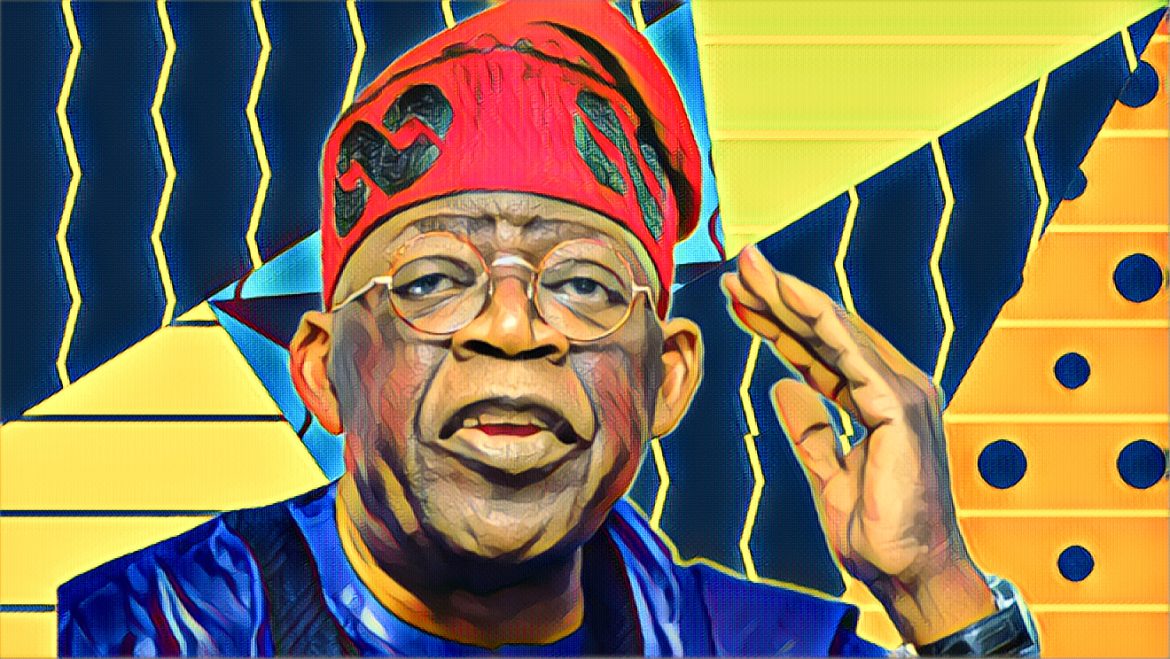In an event marking a significant moment in Nigeria’s fiscal planning, President Bola Ahmed Tinubu presented the 2024 appropriation bill to the National Assembly in Abuja. This proposal, totaling N27.5 trillion, targets key areas like national defense, internal security, and human capital development. Emphasizing the necessity of a sustainable economy, the budget envisions a 3.76% growth rate and a reduction in inflation to 21.4% in 2024.
The budget allocates N9.92 trillion for non-debt recurrent expenditures, N8.25 trillion for debt servicing, and N8.7 trillion for capital expenditures. A notable aspect is the focus on overhauling Nigeria’s internal security architecture to enhance law enforcement capabilities. Additionally, efnd officials lauded the budget. Senate President Godswill Akpabio and Speaker of the House of Representatives, Abbas Tajuddeen, endorsed the budget, emphasizing its potential to address critical national issues. Lawmakers praised the realistic approach of the budget, highlighting its focus on capital expenditure and debt servicing.
The budget has sparked a debate among various sectors of Nigerian society, reflecting the diverse perspectives on the nation’s fiscal policy and economic future. While some view it as a step towards sustainable development and economic stability, others remain skeptical about its implications for the nation’s financial health and social welfare.forts to improve the effectiveness of budget performance, transparency, and accountability were highlighted.
President Tinubu also addressed vital education sector reforms, including the introduction of a Student Loan Scheme. The administration’s commitment to a stable macro-economic environment aims to catalyze private investment and foster sustainable economic growth. The budget also reflects Nigeria’s dedication to a greener future, with a conservative oil price benchmark and a naira to dollar exchange rate of 750 naira set for 2024.
However, the opposition Peoples Democratic Party (PDP) criticized the budget, calling it deceptive and lacking concrete mechanisms for economic revival. The party expressed concerns about the budget’s impact on taxes, inflation, and the nation’s debt, urging the National Assembly to exercise its legislative powers to revise the proposal.
Despite the criticism, several lawmakers a


